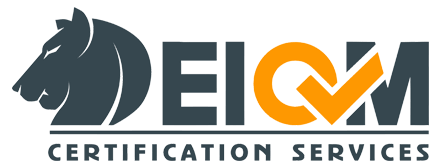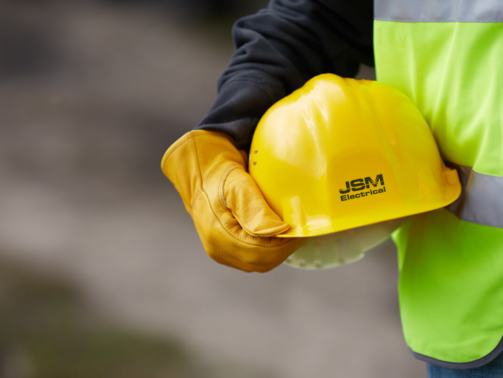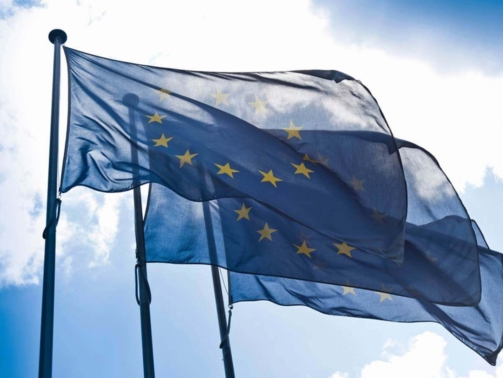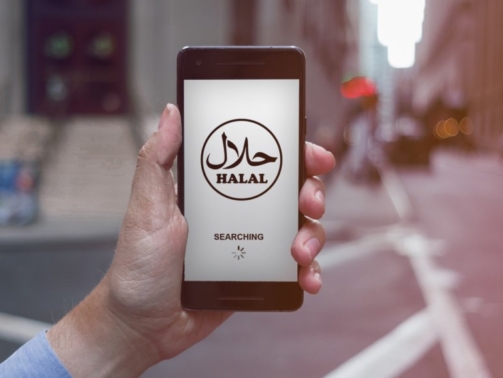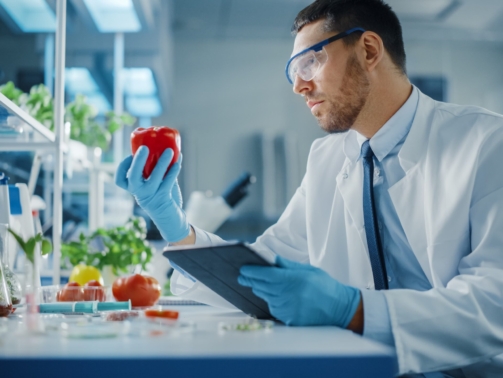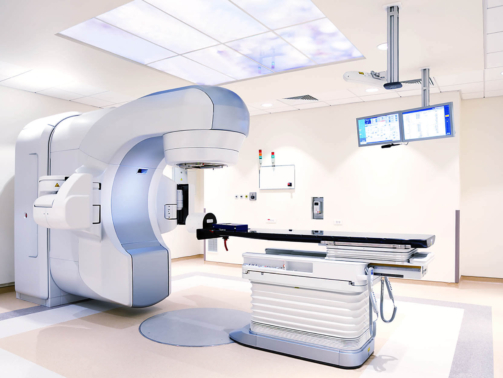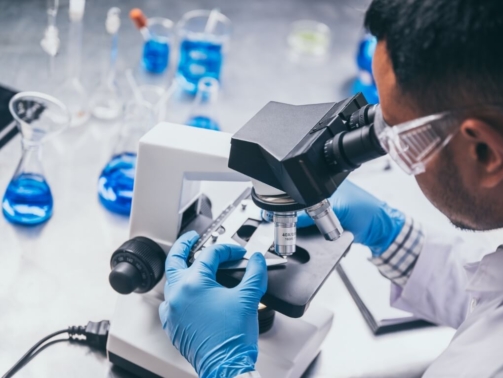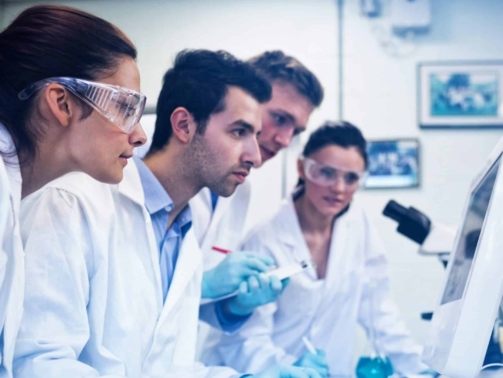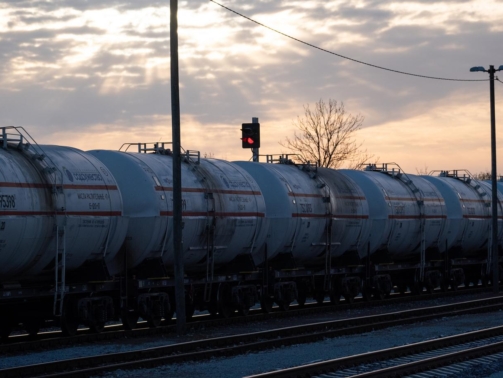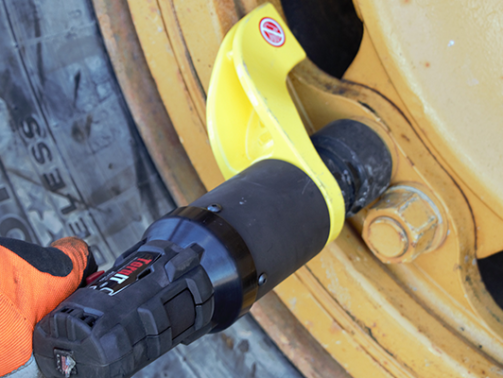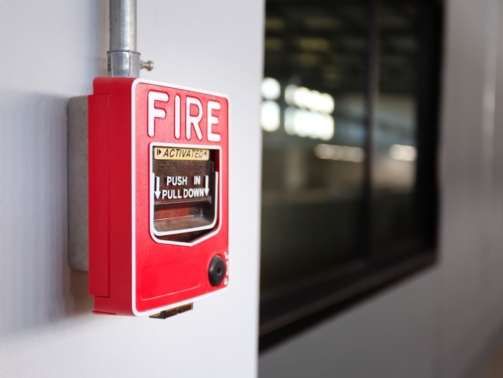ISO 9001:2015 – quality management system
ISO 9001 is a globally recognized standard for quality management systems. In today’s competitive business landscape, organizations strive to deliver products and services of the highest quality to meet customer expectations.
ISO 14001:2015 – Environmental management system
ISO 14001 is an internationally recognized standard that outlines the requirements for an effective EMS. In today’s world, businesses are increasingly recognizing the importance of sustainability and environmental responsibility.
ISO 45001:2018 – Occupational health and safety management system
ISO 45001 is an internationally recognized standard for occupational health and safety management systems. It provides a framework that organizations can follow to establish and maintain a safe and healthy working environment for their employees and other stakeholders.
ISO 22000:2018 – Food safety management system
ISO 22000 is an international standard developed by the International Organization for Standardization (ISO) that specifies the requirements for a food safety management system. It provides a comprehensive framework for food organizations to identify, evaluate, and control food safety hazards, ensuring the production of safe and high-quality food products.
HACCP – Hazard Analysis Critical Control Point
HACCP which stands for Hazard Analysis and Critical Control Points, is a systematic approach to food safety management. It was first developed in the 1960s by the Pillsbury Company, the National Aeronautics and Space Administration (NASA), and the U.S.
HSE – Health, Safety and the Environment Management System
HSE-MS (Health and Environmental Safety Management System) is a comprehensive framework that enables organizations to effectively manage health and environmental risks in their operations.
ISO 50001:2018 – Energy management systems
ISO 50001 is an internationally recognized standard for energy management systems. It provides organizations with a framework to establish, implement, maintain, and improve energy performance, leading to increased energy efficiency and reduced environmental impact. In this article,
ISO 10004:2018 – Customer satisfaction standard
ISO 10004 is an international standard developed by the International Organization for Standardization (ISO). It focuses on customer satisfaction and provides guidelines for organizations to effectively manage and improve customer satisfaction.
ISO 10002:2018 – handling of customer complaints Standard
ISO 10002 is an international standard specifically designed to help organizations establish and maintain an effective customer complaint handling system. It provides guidelines and best practices for managing complaints, ensuring their prompt resolution, and fostering customer satisfaction.
IMS – Integrated Management System
IMS brings together multiple management systems within an organization, integrating them into a cohesive framework.
CE certification – product export mark
CE certification is a product export mark that indicates compliance with European Union (EU) legislation regarding health, safety, and environmental standards.
Halal certification – Halal mark on food products
Halal certification is crucial for both producers and consumers. In today’s multicultural society, the demand for halal-certified products has significantly increased. Halal is an Arabic term that translates to “permissible” and refers to food and other items that are prepared and produced according to Islamic dietary laws.
GMP certification – Good Manufacturing Practices
GMP certification is crucial for businesses in regulated industries, as it ensures that products are safe, effective, and meet the quality standards expected by consumers and regulatory authorities. It helps build trust and confidence among consumers.
FSSC 22000 certification – food safety system
FSSC 22000 stands for Food Safety System Certification 22000. It is a robust and comprehensive certification scheme that combines elements of ISO 22000 (food safety management) and technical specifications for prerequisite programs (PRPs) like ISO/TS 22002-1 and additional requirements.
ISO 10015:2019 – Quality management of organizational education
ISO 10015 is an international standard developed by the ISO Technical Committee on Quality Management and Quality Assurance. It provides guidelines for training organizations to establish, implement, maintain, and improve their training processes.
ISO 13485:2016 – Quality management of medical equipment
ISO 13485 is an internationally recognized standard specifically designed for organizations involved in the design, development, production, installation, and servicing of medical devices.
ISO 17025:2017 – Industrial Laboratories Standard
ISO 17025 is a globally recognized standard that specifies the general requirements for the competence, impartiality, and consistent operation of testing and calibration laboratories.
ISO 21001:2018 – Management of educational centers standard
ISO 21001 is a standard developed by the International Organization for Standardization (ISO) specifically for educational organizations, including schools, colleges, universities, and training centers. It provides a framework for establishing, implementing, maintaining, and improving an educational management system (EMS).
ISO 21500:2021 – Project Management Standard
ISO 21500 highlights the significance of risk management in project execution. It encourages organizations to identify, assess, and mitigate risks throughout the project lifecycle to minimize the impact of potential issues.
ISO 27001:2022 – information security standard
ISO 27001 is an international standard that sets out the criteria for establishing, implementing, maintaining, and continually improving an information security management system (ISMS)
ISO 29990:2018 – Education quality management standard
ISO 29990 is an international standard developed by the International Organization for Standardization (ISO). It specifically focuses on learning services outside the formal education system.
IATF 16949:2016 – Automotive Quality Management System
IATF 16949 is an international quality management standard specifically designed for the automotive industry. It is based on the ISO 9001 framework but includes additional requirements that are specific to the automotive sector.
IWA1:2005 – Quality management of health and treatment centers
IWA1, or ISO International Workshop Agreement 1, is a voluntary standard developed by the ISO Technical Committee on Healthcare Organization Management (ISO/TC 304). It provides a framework for medical centers to establish and maintain an effective quality management system.
ISO/TS 16949:2009 – Quality management of the automotive industry
ISO/TS 16949 is an internationally recognized standard that outlines the requirements for a quality management system (QMS) specifically designed for the automotive industry.
ISO/TS 29001:2010 – Quality management of oil, gas and petrochemical industries
ISO/TS 29001 sets out the criteria for establishing, implementing, and improving a quality management system within the oil and gas industry.
ISO 10668:2010 – Brand valuation Standard
ISO 10668 is an international standard that provides a framework for measuring and valuing brands. It aims to establish consistency and reliability in brand valuation practices.
ISO 15189:2022- Quality management for medical laboratories
ISO 15189 is a globally recognized standard that outlines the requirements for quality and competence in medical laboratories. It provides a framework for laboratories to establish and maintain effective quality management systems, ensuring the accuracy, reliability, and timeliness of test results.
IWA2:2007- Quality management of educational centers
The IWA2 ISO standard, also known as ISO/IWA 2:2021, is an international standard developed by the International Organization for Standardization (ISO) specifically for educational centers.
OHSAS 18001:2007- occupational health and safety management
OHSAS 18001, also known as Occupational Health and Safety Assessment Series, is an internationally recognized standard that provides a framework for organizations to establish, implement, and maintain an effective occupational health and safety management system.
ISO 10006:2017- Project quality management standard
ISO 10006 is an international standard developed by the International Organization for Standardization (ISO). It focuses on quality management within the context of project management. The standard provides guidance on how to manage quality aspects throughout the project lifecycle, from initiation to completion and beyond.
ISO 25550:2022 – Ageing societies standard
ISO 25550:2022 serves as a comprehensive framework aimed at addressing the multifaceted issues associated with ageing populations. Designed to enhance the quality of life for the elderly, this standard encompasses a range of components focusing on healthcare, social support, and overall well-being.
ISO 30414:2018 – human capital reporting
ISO 30414 sets out to provide organizations with a framework for reporting on internal and external human capital. It aims to enhance transparency, accountability, and decision-making in the realm of human resource management.
ISO 30409:2016 – Workforce planning standard
ISO 30409 is a standard published by the International Organization for Standardization (ISO) titled “Human resource management – Workforce planning.”
ISO 12944:2019 – Paint and varnish standard
ISO 12944, titled “Paints and Varnishes – Corrosion Protection of Steel Structures by Protective Paint Systems,” stands as a benchmark in the domain of corrosion prevention. This standard provides a systematic approach to safeguarding steel structures through the application of protective paint systems.
ISO 18602:2013 – Packaging and environmental standards
ISO 18602:2013 specifically addresses the environmental aspects of packaging, emphasizing the need for optimization to minimize ecological footprints.
ISO 6820:1985 – Wheat flour and rye flour standard
ISO 6820:1985 plays a pivotal role, offering comprehensive guidance on wheat flour and rye flour, specifically in the drafting of bread-making tests. Let’s delve into the intricacies of this standard and explore how it shapes the quality assessment in the baking industry.
ISO 10478 – Petroleum products standard
ISO 10478 is a crucial standard in the realm of petroleum products, playing a pivotal role in ensuring the quality and safety of these essential commodities. Let’s delve into the intricacies of ISO 10478, its history, significance, and global impact.
ISO 6789 – International Torque Standard
ISO 6789 is characterized by stringent precision and accuracy requirements. It classifies torque tools based on their intended application, providing a comprehensive framework that ranges from delicate assembly tasks to heavy-duty industrial applications.
ISO 16128 – organic cosmetics standard
ISO 16128 is a standard developed to define the criteria for natural, mineral, and organic cosmetics. It establishes guidelines for ingredient and product classification, offering a unified approach for the cosmetics industry globally.
ISO 13569 – Financial Services Information Security Standard
ISO 13569 has undergone significant transformations over the years to keep pace with the dynamic nature of cyber threats. Initially conceived as a response to growing concerns about data security in the financial sector, it has evolved into a comprehensive standard addressing various aspects of information security.
ISO 7240 – Fire Alarm Systems Standard
ISO 7240 specifies requirements for various components of fire alarm systems, including control and indicating equipment, detectors, alarm devices, power supply, and cables/wiring.
ISO 15408 – Information security standard
ISO 15408 sets the benchmark for evaluating the security features and capabilities of information technology products and systems. It establishes criteria for assessing the security attributes of these products and provides a basis for mutual recognition of evaluation results.
ISO 25051 – Software Engineering Standard
ISO 25051 was developed to address the growing complexity of software systems and the need for standardized approaches to ensure their quality. It builds upon previous standards and best practices in software engineering, aiming to provide a comprehensive set of guidelines for both developers and evaluators.
ISO 14268 – Leather Standard
ISO 14268 is a set of standards developed by the International Organization for Standardization (ISO) specifically for testing the physical and mechanical properties of leather. These standards aim to ensure consistency, durability, and quality across various leather products.
ISO 22307 – Financial Services Standard
ISO 22307 is a standard developed specifically for the financial services industry to address the unique challenges and requirements pertaining to privacy impact assessments. It provides a comprehensive framework that organizations can adopt to conduct PIAs effectively and efficiently.
ISO 3881- Building construction standard
ISO 3881 is a globally recognized standard that governs various aspects of building construction, ranging from materials used to construction techniques employed.
ISO 23616 – personal protective equipment standard
ISO 23616 aims to ensure the reliability and performance of firefighter PPE by establishing uniform procedures for cleaning, inspection, and repair.
ISO 2848 – Building construction standard
ISO 2848 is a standard established by the International Organization for Standardization (ISO) specifically tailored for building construction.
ISO 17060 – Compliance Assessment Standard
ISO 17060 is a crucial compliance assessment standard that plays a significant role in ensuring quality, reliability, and consistency in various industries. This standard provides guidelines and requirements for organizations to assess their compliance with regulatory and customer requirements effectively.
ISO 30408 – Human Resource Management Standard
ISO 30408 is a globally recognized standard developed by the International Organization for Standardization (ISO) specifically focusing on human resource management.
